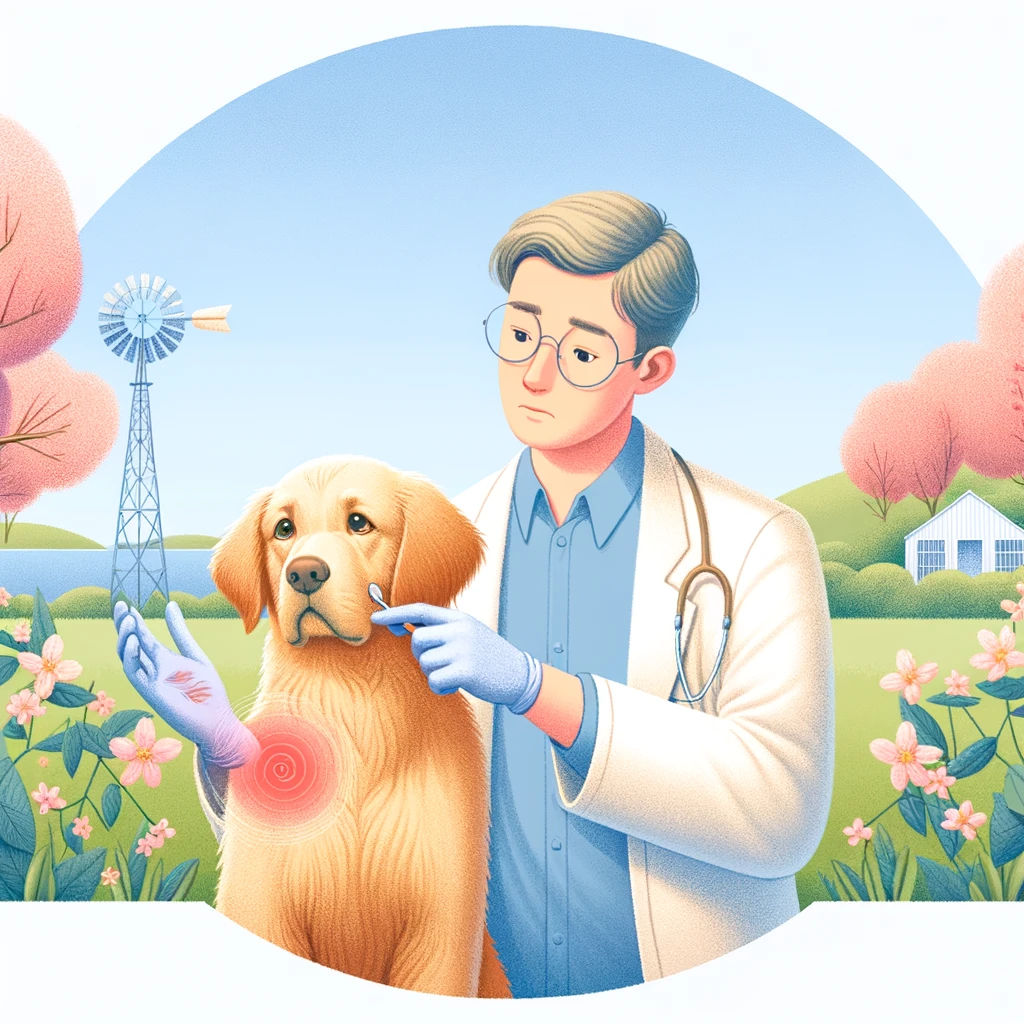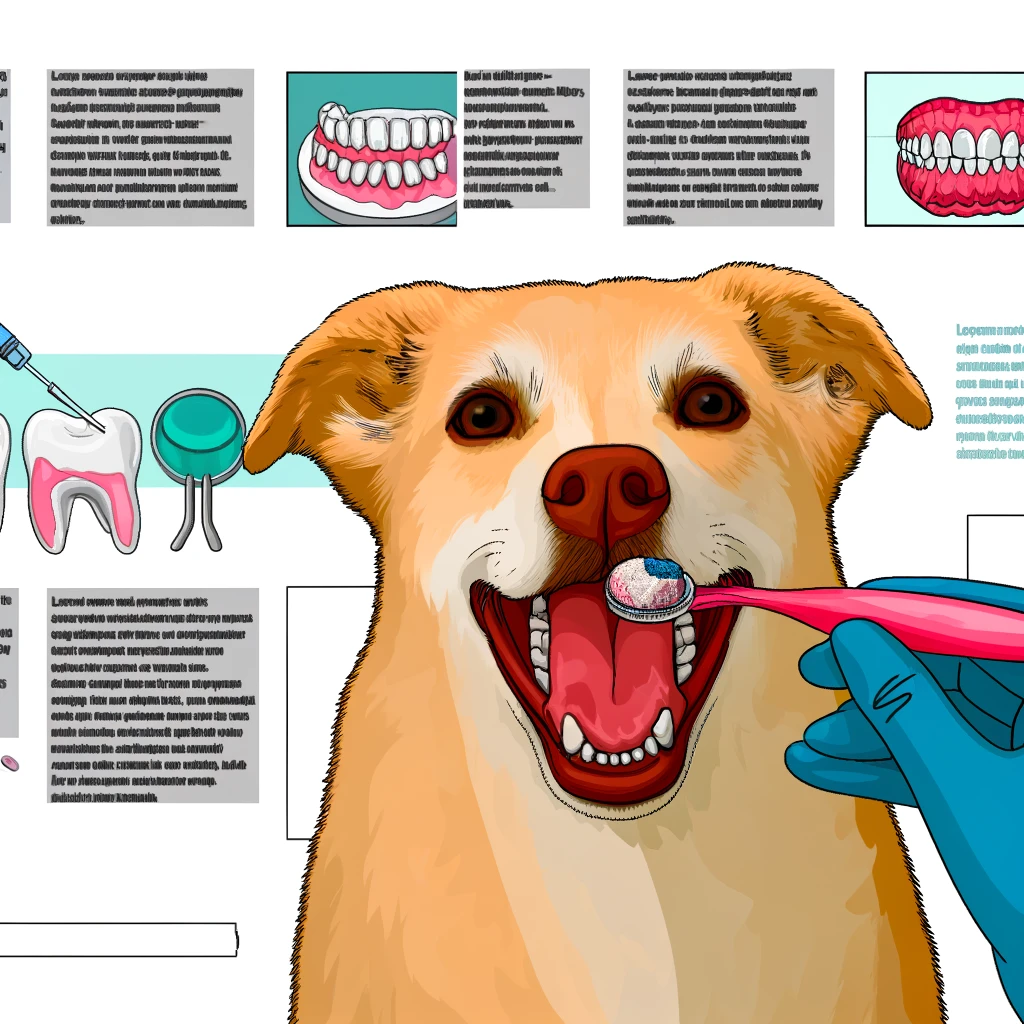The Ultimate Guide to Dog Nutrition: Ensuring a Healthy and Happy Dog
Proper nutrition plays a vital role in the overall health and longevity of your canine companion. It is not enough to simply feed your dog any food that is available. Dogs have specific nutritional requirements that must be met in order to support their growth, development, and overall well-being.
One of the most important aspects of canine nutrition is providing a balanced diet. This means that your dog’s meals should contain a mix of proteins, carbohydrates, fats, vitamins, and minerals. Each of these nutrients plays a unique role in your dog’s body, and a deficiency in any one of them can lead to health problems.
Protein is a crucial component of a dog’s diet as it helps to build and repair tissues, produce enzymes and hormones, and support a healthy immune system. Good sources of protein for dogs include meat, fish, eggs, and dairy products.
Carbohydrates provide energy for your dog’s body and are an important source of fiber. Fiber is essential for maintaining a healthy digestive system and can help prevent constipation and other gastrointestinal issues. Some common sources of carbohydrates for dogs include grains, vegetables, and fruits.
Fats are another essential nutrient for dogs. They provide a concentrated source of energy and help to support healthy skin and coat. Additionally, fats are necessary for the absorption of certain vitamins and play a role in hormone production. Good sources of healthy fats for dogs include fish oil, flaxseed oil, and chicken fat.
Vitamins and minerals are micronutrients that are required in small amounts but are essential for various bodily functions. They are involved in everything from bone growth and maintenance to immune system function and cell repair. Some important vitamins for dogs include vitamin A, vitamin D, vitamin E, and the B vitamins. Minerals such as calcium, phosphorus, and iron are also crucial for a dog’s health.
In addition to providing a balanced diet, it is important to consider your dog’s individual needs when it comes to nutrition. Factors such as age, breed, size, activity level, and any existing health conditions can all affect what and how much your dog should be eating. For example, puppies have different nutritional requirements than adult dogs, and large breed dogs may require a diet specifically formulated for their size.
Furthermore, it is worth noting that not all dog foods are created equal. While there are many commercial dog foods available on the market, not all of them provide the necessary nutrients for optimal health. It is important to choose a high-quality dog food that is specifically formulated to meet your dog’s nutritional needs. Reading the label and understanding the ingredients list can help you make an informed decision.
Ultimately, ensuring that your dog receives proper nutrition is a fundamental part of being a responsible pet owner. By providing a balanced diet that meets your dog’s specific needs, you can help them live a long, healthy, and happy life.
Understanding Your Dog’s Nutritional Needs
Every dog is unique, and their nutritional needs may vary depending on factors such as age, breed, size, and activity level. However, there are some essential nutrients that all dogs require to stay healthy:
Protein
Protein is the building block of your dog’s body. It plays a crucial role in the development and maintenance of muscles, bones, skin, and hair. High-quality sources of protein for dogs include meat, fish, eggs, and dairy products. It is important to choose a dog food that contains a sufficient amount of protein to meet your dog’s needs.
Carbohydrates
Carbohydrates provide energy for your dog. They are found in grains, vegetables, and fruits. While dogs do not require carbohydrates in large amounts, they can still benefit from a moderate intake to support their energy levels and overall health.
Fats
Fats are a concentrated source of energy and are essential for the absorption of fat-soluble vitamins. They also play a role in maintaining healthy skin and coat. Good sources of fat for dogs include fish oil, chicken fat, and vegetable oils.
Vitamins and Minerals
Vitamins and minerals are necessary for various bodily functions, including immune support, bone health, and cell growth. A well-balanced dog food should contain a mix of vitamins and minerals to ensure that your dog is getting all the nutrients they need.
Additionally, it is important to consider your dog’s specific needs when choosing their food. For example, puppies require a higher amount of protein and calories to support their rapid growth and development. Senior dogs, on the other hand, may benefit from a diet that is lower in calories to prevent weight gain and support joint health.
Furthermore, some dogs may have specific dietary restrictions or sensitivities. For instance, dogs with food allergies may require a limited ingredient diet that avoids common allergens such as wheat, soy, and corn. Dogs with certain medical conditions, such as kidney disease or diabetes, may also require a specialized diet to manage their condition effectively.
It is always best to consult with your veterinarian to determine the most appropriate diet for your dog. They can help you assess your dog’s specific needs and recommend a suitable food that meets their nutritional requirements. Additionally, your vet can provide guidance on portion sizes and feeding schedules to ensure that your dog maintains a healthy weight.
Remember, providing your dog with a balanced and nutritious diet is essential for their overall health and well-being. By understanding your dog’s unique nutritional needs and making informed choices about their diet, you can help them live a long, happy, and healthy life.
Choosing the Right Dog Food
With so many options available, choosing the right dog food can be overwhelming. Here are some factors to consider when selecting a dog food:
Read the Label
Take the time to read the label of the dog food you are considering. Look for high-quality ingredients, such as real meat, whole grains, and fruits and vegetables. Avoid dog foods that contain artificial colors, flavors, and preservatives.
It’s important to understand the ingredients listed on the label. For example, if the first ingredient is a meat by-product or a grain, it may not be the best choice for your dog. Look for specific sources of protein, like chicken or beef, as the main ingredient. This ensures that your dog is getting the necessary nutrients for their overall health and well-being.
Additionally, pay attention to any allergens that your dog may have. If your dog has a sensitivity to certain ingredients, like grains or poultry, opt for a dog food that is specifically formulated for dogs with allergies or sensitivities.
Consider Your Dog’s Age and Size
Puppies, adult dogs, and senior dogs have different nutritional needs. Choose a dog food that is specifically formulated for your dog’s life stage. Additionally, consider your dog’s size. Large breed dogs may require a different type of dog food compared to small breed dogs.
For example, puppies require a higher calorie and protein intake to support their growth and development. On the other hand, senior dogs may benefit from a dog food that is lower in calories and contains joint-supporting ingredients, such as glucosamine and chondroitin.
When it comes to size, small breed dogs have faster metabolisms and may require a dog food that is higher in calories to meet their energy needs. Large breed dogs, on the other hand, may benefit from a dog food that is lower in calories to prevent excessive weight gain and reduce the risk of joint issues.
Consult Your Veterinarian
If you are unsure about which dog food to choose, consult your veterinarian. They can provide you with personalized recommendations based on your dog’s specific needs and health conditions.
Your veterinarian will take into account factors such as your dog’s age, breed, activity level, and any underlying health issues. They may also recommend a dog food that is specifically formulated for certain conditions, such as a sensitive stomach or food allergies.
Remember, choosing the right dog food is essential for your dog’s overall health and well-being. By considering the factors mentioned above and consulting with your veterinarian, you can make an informed decision and provide your dog with the nutrition they need to thrive.
Monitor Your Dog’s Weight
Regularly monitor your dog’s weight to ensure they are maintaining a healthy body condition. If you notice that your dog is gaining weight, you may need to adjust their serving size or choose a lower-calorie dog food. On the other hand, if your dog is losing weight or appears underweight, you may need to increase their serving size or switch to a higher-calorie dog food.
Provide Fresh Water
In addition to a balanced diet, it is important to provide your dog with access to fresh water at all times. Keep their water bowl clean and filled with fresh water. Dogs can become dehydrated quickly, especially during hot weather or after physical activity, so make sure they always have access to water.
Consider Your Dog’s Age and Activity Level
The nutritional needs of dogs can vary depending on their age and activity level. Puppies, for example, require a diet that is higher in calories and nutrients to support their growth and development. Senior dogs may benefit from a diet that is lower in calories to prevent weight gain and support joint health. Similarly, highly active dogs may require a diet that is higher in protein and energy to fuel their activity levels. Consult with your veterinarian to determine the best diet for your dog based on their specific needs.
Introduce New Foods Gradually
If you decide to switch your dog’s food or introduce new ingredients, it is important to do so gradually. Sudden changes in diet can cause digestive upset and lead to diarrhea or vomiting. Start by mixing a small amount of the new food with their current food and gradually increase the proportion of the new food over several days. This will allow your dog’s digestive system to adjust to the new food without any issues.
Monitor Your Dog’s Overall Health
While a balanced diet is essential for your dog’s health, it is also important to monitor their overall well-being. Keep an eye out for any changes in their appetite, energy levels, coat condition, or bathroom habits. These can be indicators of underlying health issues that may require veterinary attention. Regular vet check-ups and vaccinations are also important to ensure your dog’s ongoing health and well-being.
By following these tips and providing your dog with a nutritious and balanced diet, you can help them live a long, healthy, and happy life.
Antioxidants
Antioxidants are substances that help protect the body against free radicals, which are unstable molecules that can damage cells. Dogs can benefit from antioxidants just like humans can. Some common antioxidants for dogs include vitamins C and E, as well as beta-carotene. These antioxidants can help support the immune system and promote overall health.
Digestive Enzymes
Digestive enzymes are substances that help break down food and aid in digestion. Some dogs may have trouble digesting certain types of food, leading to gastrointestinal issues. Digestive enzyme supplements can help improve digestion and alleviate symptoms such as bloating, gas, and diarrhea.
Multivitamins
While a balanced diet should provide all the necessary vitamins and minerals for dogs, some dogs may have specific nutritional needs that require additional supplementation. Multivitamin supplements can help fill in any nutritional gaps and ensure that your dog is getting all the essential nutrients they need for optimal health.
Herbal Supplements
There are also a variety of herbal supplements available for dogs that can support their overall health and well-being. For example, milk thistle is often used to support liver function, while echinacea can help boost the immune system. However, it is important to consult with a veterinarian before using any herbal supplements, as some may interact with medications or have potential side effects.
Conclusion
Supplements can be a valuable addition to a dog’s diet, but it is important to use them under the guidance of a veterinarian. Each dog is unique and may have different nutritional needs, so what works for one dog may not work for another. Additionally, it is important to remember that supplements should never be used as a substitute for a balanced diet. Providing your dog with a high-quality, nutritious diet is the foundation for good health, and supplements should only be used to complement this diet when necessary.
Clear Eyes and Ears
In addition to a shiny coat and healthy weight, your dog’s eyes and ears should also be in good condition. Their eyes should be clear and bright, without any discharge or redness. Similarly, their ears should be clean and free from any foul odor or excessive wax buildup.
Healthy Teeth and Gums
Another sign of a healthy dog is having clean teeth and healthy gums. Their teeth should be white and free from tartar buildup, and their gums should be pink and firm. Bad breath or bleeding gums may indicate dental issues that need to be addressed.
Stable Temperament
A healthy dog will have a stable temperament and display appropriate behavior in different situations. They should be friendly, well-socialized, and not overly anxious or aggressive. A balanced and calm demeanor is a good indicator of overall well-being.
Good Appetite and Digestion
Your dog should have a healthy appetite and be able to digest their food properly. They should eagerly eat their meals and not show any signs of discomfort, such as vomiting or diarrhea. A healthy dog will have regular and well-formed stools.
Regular Vet Check-ups
Lastly, a key sign of a healthy dog is regular visits to the veterinarian. Routine check-ups and vaccinations are essential to ensure your dog’s health and catch any potential issues early on. Your vet can also provide guidance on nutrition, exercise, and other aspects of your dog’s well-being.
By observing these signs, you can have peace of mind knowing that your dog is in good health. However, it’s important to remember that every dog is unique, and some variations may exist based on breed, age, and individual characteristics. If you have any concerns about your dog’s health, it’s always best to consult with a veterinarian.












